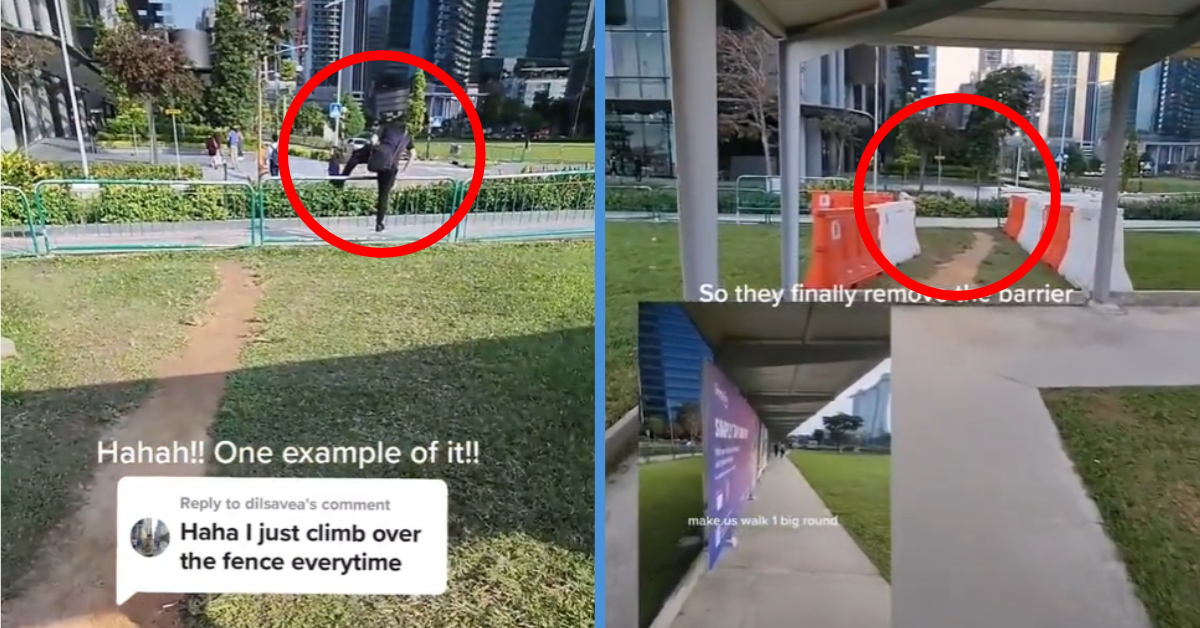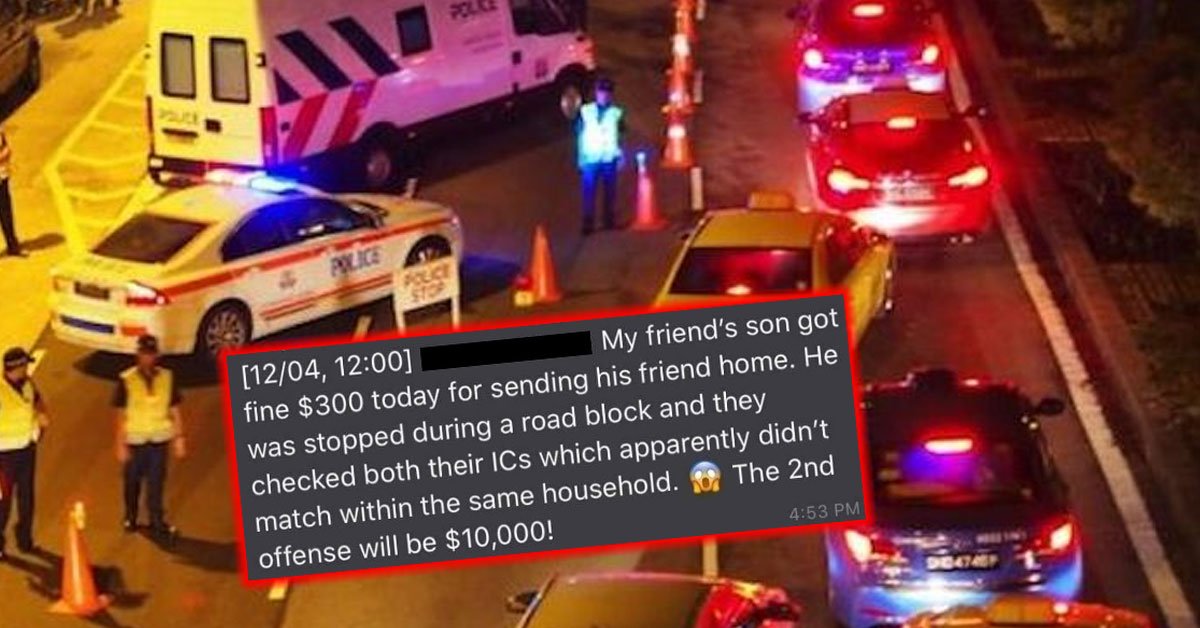Some things are almost certain: ERP will never break down, your 20% CPF contribution will always be deducted every month, Uncle Raymond will always appear in your FYP whenever you’re on TikTok, and polling days for elections would always take place on a Saturday (except for GE2020, when we all WFH and didn’t know what day it was, so it happened on a Friday instead).
Which begs the question: if we’re all thanking George Goh for the public holiday, do we really get an extra day off if we need to poll?
Also, if there isn’t any eligible candidate and we would finally see Tharman Shanmugaratnam’s faces everywhere in all public sector offices, would we still get a public holiday?
Here are the things that aren’t important to the nation, but are important to you, simplified for you.
Would There Really be a Public Holiday if We Have a Presidential Election 2023?
Firstly, let’s get the facts right: regardless of whether there’s a contest, a polling day will still be scheduled.
This is because our Prime Minister can’t travel to the future and see if there’s any eligible candidate: when the Prime Minister (should be Lee Hsien Loong…right?) issues the Writ of Election, he’ll decide on the deadline whereby the candidates have to submit their applications for the Certificate of Eligibility (CoE), the date for Nomination Day and the date for Polling Day.
Therefore, the Polling Day is often decided on the day that the Writ of Election is issued.
Usually, the deadline for the applications of the CoE will be about five days after the Writ is issued, and we’ll know who’s eligible in about two weeks from then.
According to The Straits Times, for this year’s election, the Writ of Election is likely to be issued around 20 August, shortly after the National Day Rally.
However, despite a Polling Day being scheduled, it doesn’t mean there’s always one. There will only be a Polling Day if more than one candidate stands nominated on Nomination Day.
It’s like being in a relationship: you can’t claim you’re in a relationship unless the other party concurs.
I think so?
Now, if there’s no contest, we know what’s going to happen in September 2023: there’ll be no public holiday, and the next public holiday will be in November for Deepavali.
But what if there is a contest?
This was what was mentioned in the press statement for 2017 Presidential Election: “If more than one candidate stands nominated on Nomination Day, the Returning Officer will declare 23 September 2017 (Saturday) to be Polling Day. Under the law, Polling Day at any Presidential election shall be a public holiday. Every employer shall, on Polling Day, allow every elector in his employ a reasonable period of time for voting.”
Basically, a Polling Day is a public holiday, no matter how you play with the language. Just imagine National Day falling on a Saturday; what happens after that?
If you work a 5-day workweek (like most of us), you should get a day’s off-in-lieu or salary-in-lieu.
If you work in shift, it’s the same: either you get a day’s off (on that day or other days), or you get one day’s extra pay.
This is explicitly mentioned in the Ministry of Manpower’s website, so your employer cannot pretend that they didn’t know it.
However, it should be noted that this isn’t valid for by-election Polling Day, probably because not everyone is going to vote.
Having said that, this means regardless of when the Polling Day is, we should still get an off day.
But the off day won’t be the same day for everything, so businesses wouldn’t be disrupted.
Yes, this is why our resident blue cat is hoping that George Goh will qualify. You can read this article on whether George Goh is eligible to run for President, and also watch this video on why he might not qualify after all:



